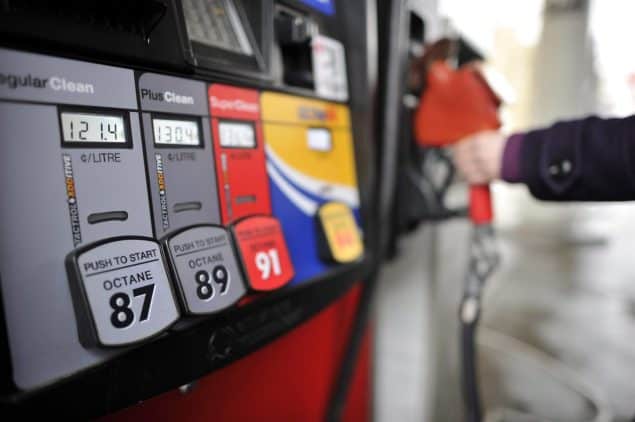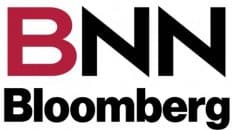Forget Kansas! We’re not even in Glasgow anymore!
When I think of it, why did we fossil fly 257 delegates, including pre-approved media pals, to this assemblage of the all-knowing overseers of climate change?
The convention halls may still be echoing with the political and attendee “Wows!” from the enviro faithful, but someone please tell me and Greta, what was accomplished?
If the goal was to stamp a collective foot and declare firm, binding, and enforceable GHG emission levels on a global basis, then I’m here to tell you, it hasn’t worked for the previous 25 meetings – and COP 26 was no exception.
You can’t get any agreement if two of the three largest fossil fugitives chose not to attend: Ahem… Russia and China did not send anyone to represent their gigantic countries. The third largest fossil fugitive, the US of A is in a fog patch of indecision, which is a polite way of saying that their leadership is in a constant flux state of circle-the-wagons electioneering with gasoline pump prices trumping (oops) air quality.
Fortunately, or unfortunately, refined product pricing in Canada is ultimately tied to, or maybe the correct word is tethered to, energy decisions made by our largest, and only, crude oil customer south of the border.
With inflation creeping into the double-digit level, and President Joe Biden’s approval level now inversely proportional to pump prices, any Glasgow implied agreement on immediate actions to curb future GHG emissions by the U.S. will take a back seat to saving political face in the here and now.
The question is how to stop, or at least stall the spiraling cost of gasoline, diesel, and jet fuel.
It is opined that accessing the 600-million-barrel Strategic Petroleum Reserve (SPR) would lower crude prices by moving inventory from the government tanks to the commercial crude pool. This could not happen with the flick of a switch, but would take 10 days for the transfer. Even a draw of 60 million barrels would only move pump price by perhaps five cents a gallon and be very short lived.
Another option would be for the U.S. to cut off crude exports, which run at about three million bpd.
Sure, this would slowdown the draw on crude oil inventories and as a result lower the West Texas Intermediate (WTI) price, but this would discourage any plans by the U.S. Shale oil industry to increase production.
If three million barrels were taken off the market, this would only increase the demand and price for alternative crude, most notably the globally benchmarked Brent.
In addition, the Gulf coast refining hub relies on imports of crude that are Brent crude priced. This of course would force pump prices up negating the whole crude oil export ban strategy to lower pump prices.
This all leads me to a painful political thought:
About 34% of the cost of a litre or gallon of gasoline is made up of tax.
Since crude oil supply, and hence, its price is set on the world stage, one way to get high pump prices out of the election limelight would be to lower the taxes on gasoline and diesel.
This can be done with a flick of switch. If only the politicians can find the switch in the dark.
But don’t count on it.
– Roger McKnight – B.Sc., Senior Petroleum Analyst








Add comment